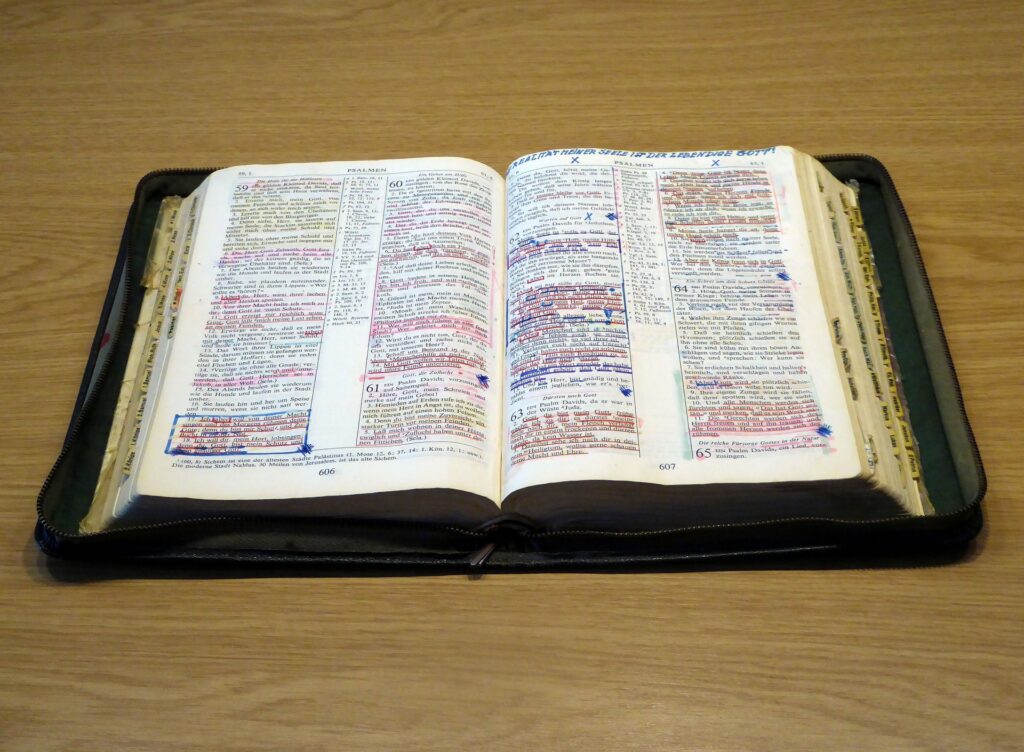
Bible Class Notes on 1 Peter 4:17-18 | Notes on the Petrine Epistles
The time has come for judgment to begin with the household of God. This imagery is taken from Ezekiel 9. In that passage, God instructed his executioners to go through Jerusalem and inflict judgment upon the city (Ezek 9:5-6). The executions were to begin slaying folks at God’s sanctuary (Ezek 9:6). Here, we find a very similar sentiment—Judgment will begin at God’s house.
Notice that Peter says that the time has come for judgment to begin upon God’s house. “The time has come” translates a phrase which means “it is the season.” Judgment wasn’t something in the far future from the time Peter wrote. Judgment was about to begin.
What would be this judgment that would befall Christians? This judgment would be the persecution which was about to befall God’s people. Throughout this epistle, Peter talks about persecution more as a threat than a reality. However, here persecution is no longer just a threat; the persecution is about to become reality.
This persecution is discussed in some very severe terms in the New Testament.
- This persecution is called “birth-pangs.”
- “Nation will rise against nation, and kingdom against kingdom; there will be earthquakes in various places, there will be famines; this is but the beginning of the birth-pangs” (Mk 13:8).
- Jesus equates this persecution with labor pains.
- Jesus referred to this persecution as “the hour of trial” (Rev 3:10).
- This persecution is also called the “great tribulation.”
- “Then there will be great tribulation, such as has not been from the beginning of the world until now, no, and never will be. And if those days had not been shortened, no human being would be saved; but for the sake of the elect those days will be shortened” (Matt 24:21-22).
- “Great distress shall be upon the earth and wrath upon this people” (Lk 21:23).
- “These are they who have come out of the great tribulation” (Rev 7:14).
This persecution was so severe and intense that nothing like it—before or since—has ever occurred.
What will be the end of those who do not obey the gospel? Peter’s point seems to be that if such severe persecution befalls God’s elect, what will befall those who do not have God’s favor? Since these individuals do not have God’s favor, nothing but the most severe doom and destruction can come upon them.
“If the righteous man is scarcely saved, where will the impious and sinner appear?” This terminology comes from Proverbs 11:31: “If the righteous are repaid on earth, how much more the wicked and the sinner!”
The word for scarcely here means “difficulty.” The righteous man is saved with difficulty. The salvation we Christians receive is not without cost or difficulty. Peter is pointing out a difficulty in these verses—the difficulty of persecution. The New Testament makes clear that Christians are saved with difficulty. “Those who want to save their life will lose it, and those who lose their life for my sake, and for the sake of the gospel, will save it” (Mk 8:35). “You will be hated by all because of my name. But the one who endures to the end will be saved” (Mk 13:13).
Since God’s people are saved with difficulty, what will be the outcome of the impious and ungodly? Peter honestly leaves this question unanswered. The emphasis seems to be this: “Look, if God’s people must endure much tribulation to be saved, God is not going to take lightly those who refuse to obey the gospel.”
This Bible class was originally taught by Dr. Justin Imel, Sr., at the Owingsville church of Christ in Owingsville, Kentucky.





